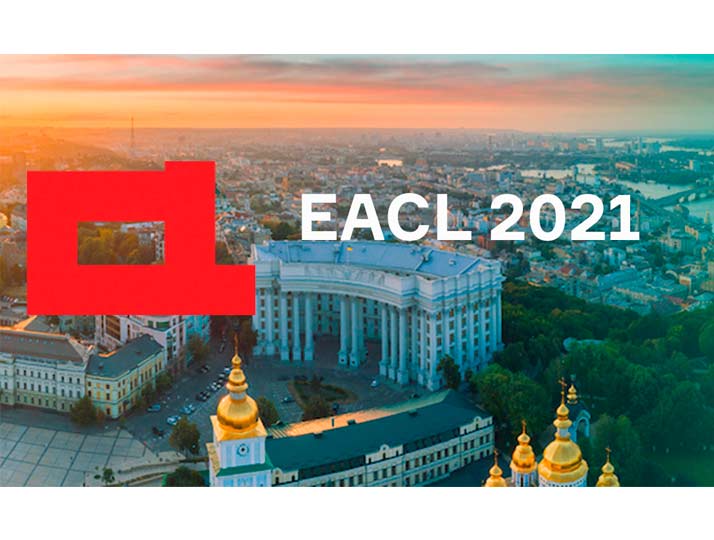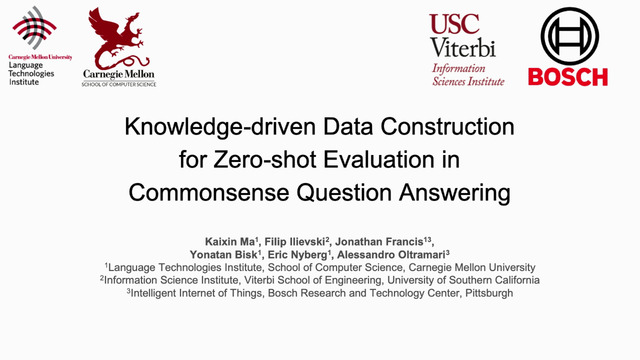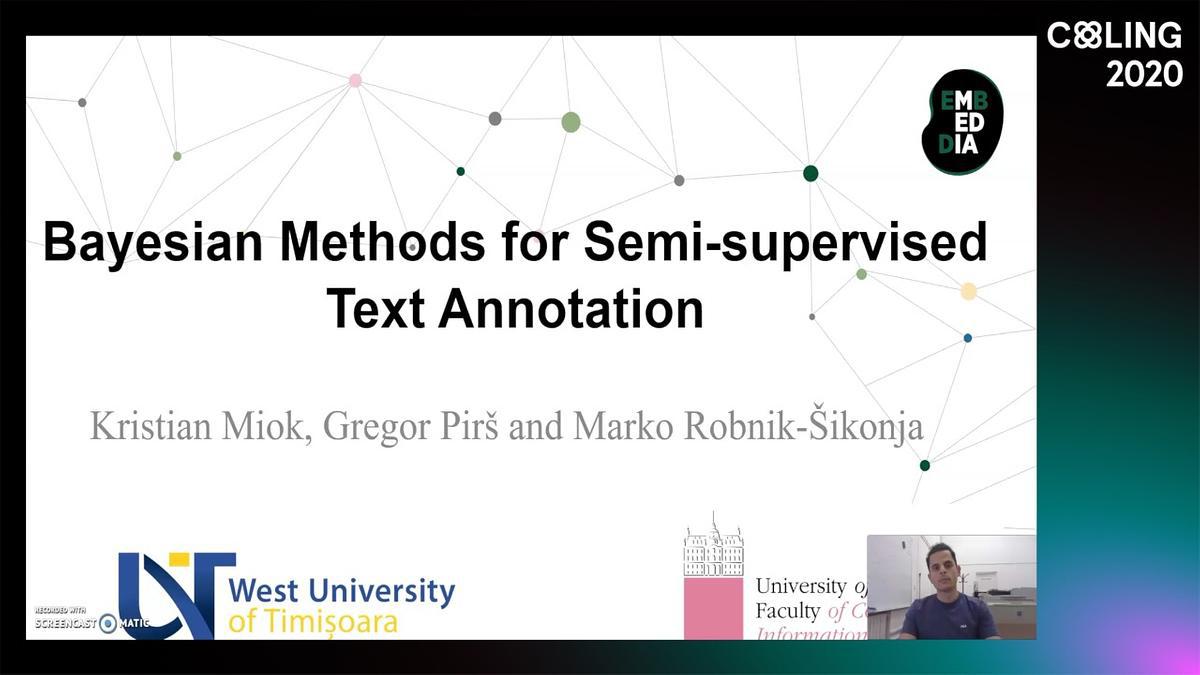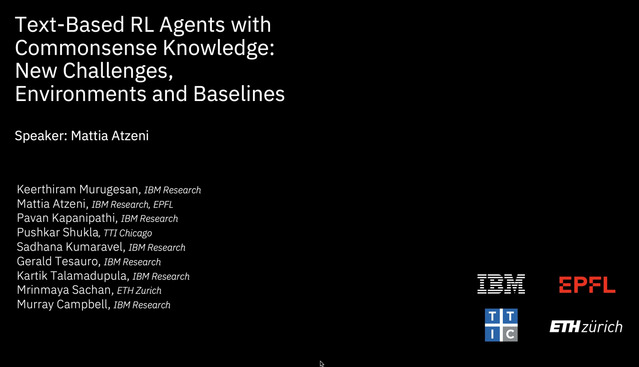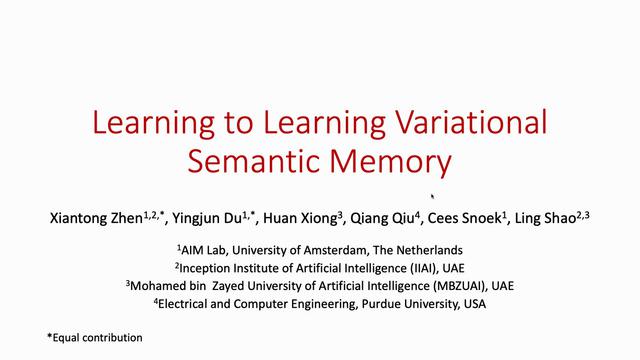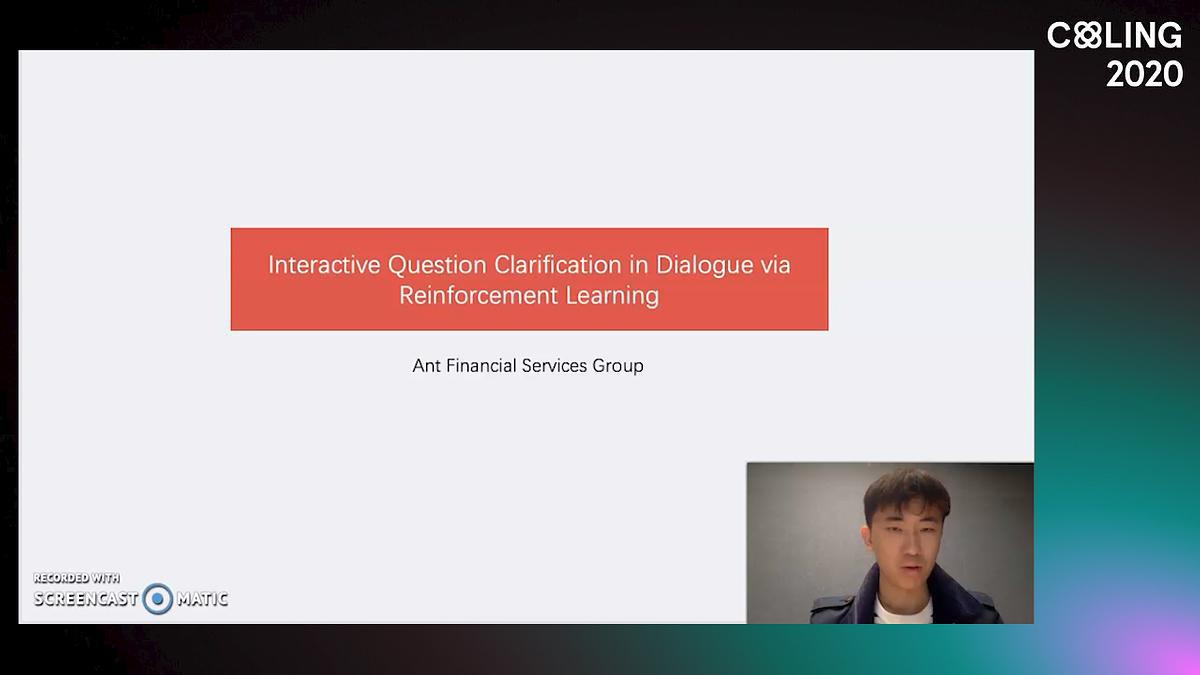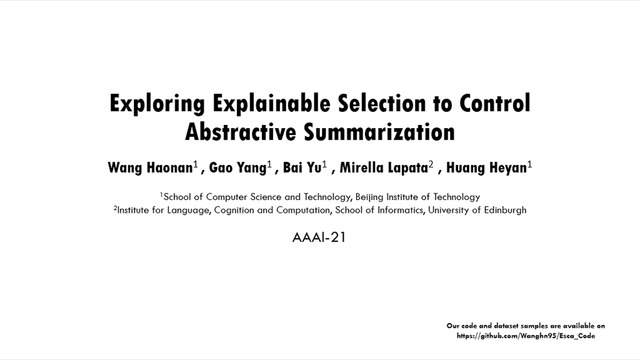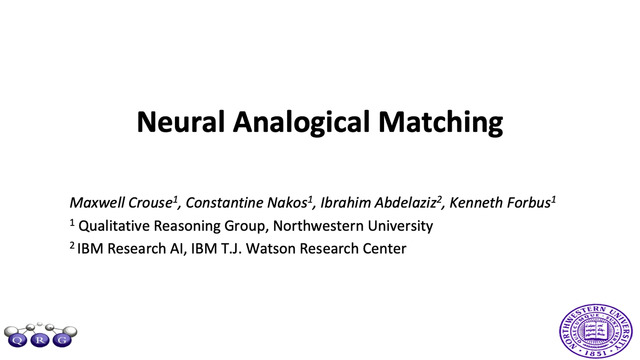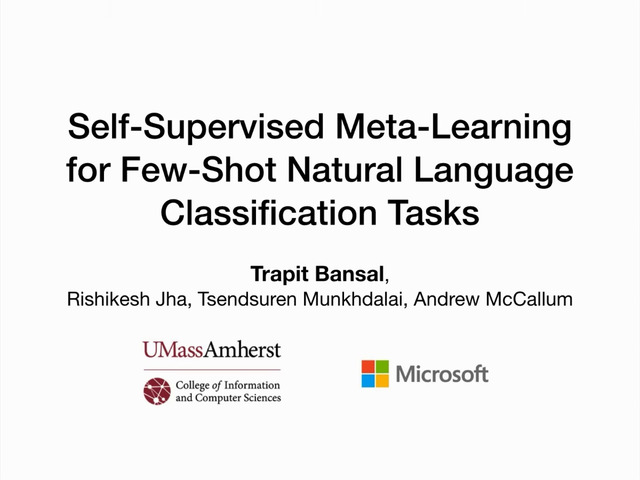Abstract:
The ability of humans to symbolically represent social events and situations is crucial for various interactions in everyday life. Several studies in cognitive psychology have established the role of mental state attributions in effectively representing variable aspects of these social events. In the past, NLP research on learning event representations often focuses on construing syntactic and semantic information from language. However, they fail to consider the importance of pragmatic aspects and the need to consistently update new social situational information without forgetting the accumulated experiences. In this work, we propose a representation learning framework to directly address these shortcomings by integrating social commonsense knowledge with recent advancements in the space of lifelong language learning. First, we investigate methods to incorporate pragmatic aspects into our social event embeddings by leveraging social commonsense knowledge. Next, we introduce continual learning strategies that allow for incremental consolidation of new knowledge while retaining and promoting efficient usage of prior knowledge. Experimental results on event similarity, reasoning, and paraphrase detection tasks prove the efficacy of our social event embeddings.

